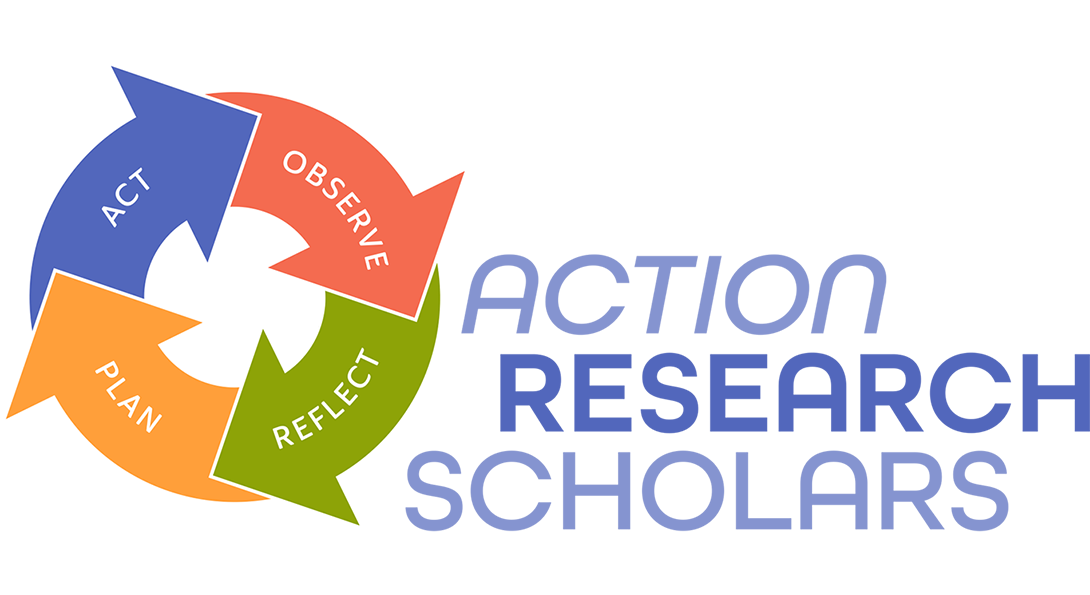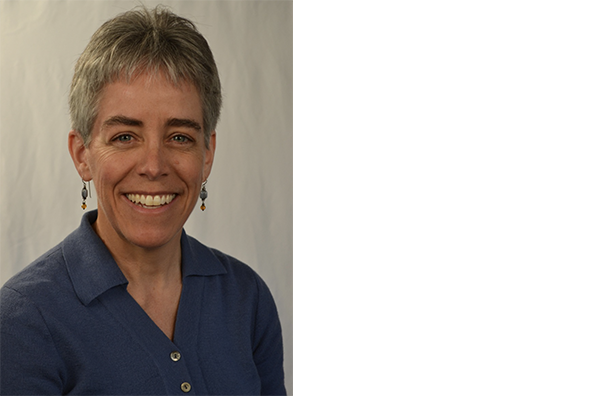Action Research Scholars

MEET THE ACTION RESEARCH SCHOLARS
Action Research Scholars
CATE Action Research Scholars program guidelines
column 1
As an instructor, how do you know if what you’re doing in the classroom is “working”? In other words, how do you know if your teaching methods are effective in supporting student achievement of your course learning objectives? How are you documenting your success and that of your students?
The goal of this Action Research Scholars program is to inspire and empower UIC instructors to engage in data-informed, reflective teaching practices. Scholars will explore the broader question: “How do I know I’m effective in my teaching?” by using a variety of approaches to investigate how instructional strategies and curricular design impact the learning experiences of UIC students in their discipline and course context.
Scholars may ask questions such as: What does student success in my course look like? What is a course concept with which my students struggle the most — why is that and how can I help students overcome these conceptual barriers? How does a particular teaching strategy or intervention impact student learning, motivation, engagement, belonging, and sense of community in my students? Do various learner groups experience my course differently — if so, how do I better incorporate student voice and make my course accessible to all learner groups?
column 2
In framing a potential line of inquiry, scholars may use the following taxonomy of questions (Hutchings, 2000), which are categories of questions designed to inspire reflection on teaching:
- Is it working? These questions refer to how an existing teaching strategy is impacting student learning. For example, is a flipped classroom approach engaging students and allowing students to practice their problem-solving and collaboration skills in a course?
- What does it look like? These types of questions are descriptive, where instructors can examine what is going on in their classroom. For example, instructors may want to know how classroom discussions unfold around a particular topic, or how students’ understanding of a concept deepens as they move from their first to last year in college.
- What would it look like? These questions ask how a new teaching strategy or intervention might impact learning. For example, how might changing the language in the course syllabus impact the classroom climate and students’ sense of belonging?
- Theory or concept building. Instead of investigating a particular teaching strategy, instructors may be interested in building theories about how student learning and teaching works. For example, instructors may ask how service learning experiences impact students’ sense of identity to theorize about changes in identity.
second set
What will Action Research Scholars do?
This is a year-long program beginning in the Fall 2024 semester. Scholars will spend the first semester participating in workshops and learning community meetings to develop an education research plan. Implementation requires completion of human subjects research and FERPA training and IRB approval. Data collection will occur either in Spring 2025 or Fall 2025 semester, depending on the semester they teach the course(s) they are studying as the focus of their action research project. The program culminates with each scholar presenting their findings and proposing a plan for next steps in their teaching.
Eligibility
Full-time instructors who teach and/or coordinate UIC undergraduate or graduate courses are eligible to apply. We encourage tenure and non-tenure track faculty to submit applications. Applicants need to have the support of the department head or chair and/or the department’s undergraduate committee or educational policy committee.
How will CATE support scholars?
- Customized workshops to support development of reflective and scholarly teaching skills as well as inclusive, engaging, and research-informed instructional practices
- Consultation and support in creating and refining research questions, locating relevant literature, resources, and tools on campus, determining suitable study design and methodology, and interpreting data
- Consultation in addressing research findings by examining next steps related to teaching and/or course design and identifying opportunities for dissemination of findings, if appropriate
- Guidance in completing human subjects research and FERPA training, submission of an IRB application, and creating a data management plan by meeting with campus experts and partners (Center for Clinical and Translational Science, Learning Technology Solutions, Library, Office of Institutional Research, Office of the Vice Chancellor for Research)
- Space for community and dialogue with UIC instructors from across campus who are also interested in reflecting on and enhancing their teaching and the student learning experience
- Scholars will receive a $1200 payment to support their participation in this program.
Call for Interest
Call for Interest and Applications are now closed
Spots for this program are limited. To apply to participate in this program, please complete a brief Call for Interest form with your information (e.g., department, college, courses taught) and goals for participating in this program (e.g., questions you have about your teaching or students’ learning experiences that you want to explore). A formal application (including departmental endorsement) will also need to be submitted.
The Call for Interest and Applications are now closed. Please check back next Fall 2025 for information about the next round of applications.
last

Important Dates:
- The next offering of this program is in Fall 2024
- The Call for Interest is due on February 1, 2024
- Applications are due on April 1, 2024
If you have any questions, please contact the CATE team at teaching@uic.edu.
call for ACTION RESEARCH SCHOLARS interest form
Janet Riddle Innovation in Teaching Grant Program
column 1
The Action Research Scholars program is made possible thanks to a generous gift to the Center for the Advancement of Teaching Excellence (CATE) by Janet Riddle, who established the Innovation in Teaching Grant Program. Janet was an inaugural member of the CATE advisory board and champion of innovative instructors who aspired to improve educational practices across the disciplines. As a dedicated and passionate educator, Janet’s expert work in faculty development influenced numerous instructors at UIC. Janet graduated from the University of Chicago Pritzker School of Medicine and in 2004, joined the Department of Medical Education at UIC’s College of Medicine serving as the Director of Faculty Development. In that role, she served as a resource for improving the quality of teaching and learning in the College of Medicine. She was the director of and primary instructor in the Scholars for Teaching Excellence Faculty Fellowship and also taught in the Masters in Health Professions Education program.
Janet was also a leader in teaching excellence. Janet presented in regional and national meetings of the AAMC’s Group on Educational Affairs, the Society of General Internal Medicine, the Generalists in Medical Education, and the Clerkship Directors of Internal Medicine. Janet was twice honored with a Clinical Teaching Award by the UIC chapter of Alpha Omega Alpha, and received a 2011-2012 UIC Council for Excellence in Teaching and Learning Teaching Recognition Award. Janet also received the CGEA Laureates Award in 2012 for leadership, faculty development, scholarly standards, and contributions to the Central Group on Educational Affairs, a regional AAMC group. Janet Riddle passed away on May 12, 2021, after a long battle with cancer.
column 2
